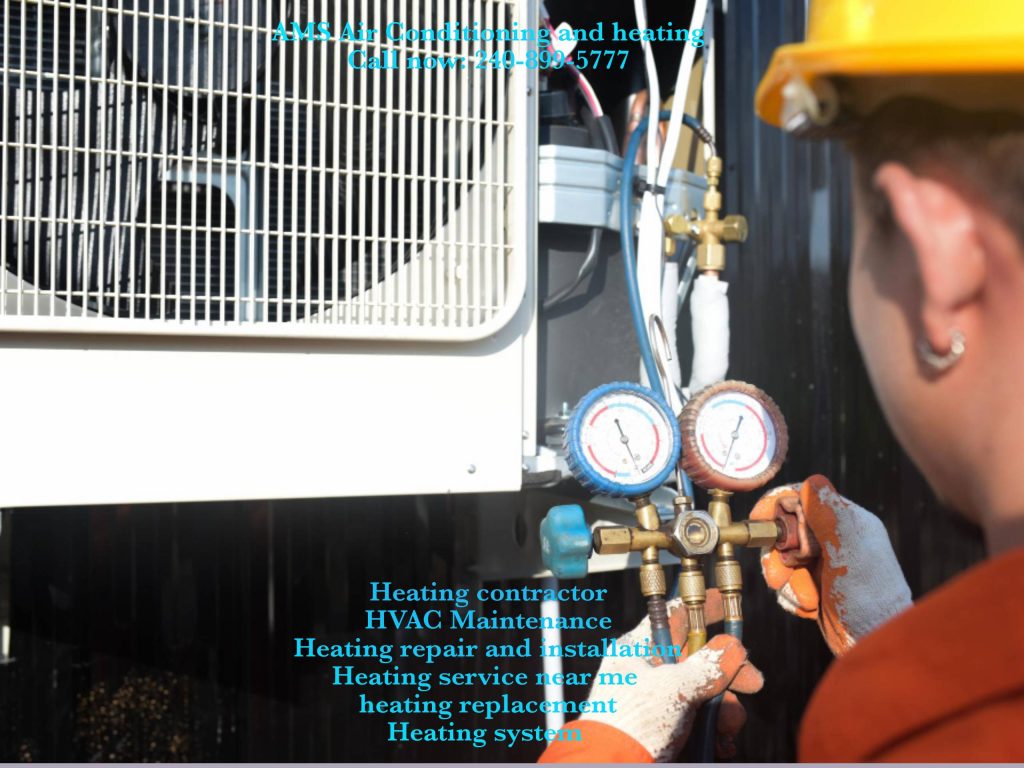How to Ensure Your Heating System Is in Good Condition
A properly functioning heating system is essential for maintaining a comfortable and cozy home, especially during the colder months. Regular maintenance and care can help ensure that your heating system operates efficiently, prolong its lifespan, and prevent unexpected breakdowns. In this comprehensive guide, we’ll explore the steps you can take to ensure that your heating system is in good condition.
1. Schedule Annual Professional Maintenance:
One of the most important steps in maintaining your heating system is to schedule annual maintenance with a qualified HVAC (Heating, Ventilation, and Air Conditioning) technician. This professional check-up should ideally be done before the heating season begins.
- Inspect and clean components like burners, heat exchangers, and blower motors.
- Check for leaks in gas lines (for gas furnaces) and potential carbon monoxide issues.
- Verify the thermostat’s accuracy and calibrate it if necessary.
- Test the system’s overall performance and safety controls.
Regular professional maintenance not only keeps your heating system in optimal condition but also helps identify and address potential problems before they become major issues.
2. Change Air Filters Regularly:
Air filters play a crucial role in your heating system’s efficiency and air quality. It’s essential to check and replace air filters regularly, typically every one to three months, depending on usage and the type of filter used. Clean air filters also help maintain better indoor air quality by trapping dust, allergens, and pollutants.
3. Keep Vents and Registers Clean and Unobstructed:
Ensure that all heating vents and registers are clean and free from obstructions. Furniture, rugs, and other objects should not block the airflow. Proper air circulation is essential for even heating throughout your home. Blocked vents can cause hot and cold spots and make your heating system work harder to maintain the desired temperature.
4. Monitor Thermostat Settings:
Use a programmable or smart thermostat to regulate your heating system efficiently. Set the thermostat to lower temperatures when you’re away from home or asleep and raise it when you need more warmth. This not only saves energy but also reduces wear and tear on your heating equipment. Regularly check and calibrate your thermostat to ensure it’s reading temperatures accurately.
5. Clean the Heating System’s Exterior:
The exterior components of your heating system, such as the condenser unit (for heat pumps) or the combustion chamber (for furnaces), should be kept clean and free of debris. A clean exterior promotes proper airflow and prevents overheating.
6. Insulate and Seal Your Home:
A well-insulated and properly sealed home retains heat more effectively, reducing the workload on your heating system. Inspect your home’s insulation and address any gaps or areas in need of improvement. Seal drafts around doors and windows to prevent heat loss.
7. Consider a Carbon Monoxide Detector:
If you have a fuel-burning heating system (e.g., gas furnace), it’s essential to install carbon monoxide detectors throughout your home. Carbon monoxide is a colorless, odorless gas that can be produced by malfunctioning heating systems and poses a severe health risk.
8. Listen for Unusual Noises:
Grinding, banging, or rattling noises may indicate a mechanical issue that requires attention. Don’t ignore these signs, as addressing problems early can prevent more significant breakdowns.
9. Watch for Warning Signs:
Keep an eye out for warning signs that your heating system may be experiencing problems. These signs include uneven heating, increased energy bills, a yellow or flickering pilot light (for gas furnaces), and a persistent burning smell. If you notice any of these signs, contact a professional technician for an inspection.
10. Plan for System Upgrades:
If your heating system is outdated and no longer efficient, consider upgrading to a newer, more energy-efficient model. Newer systems not only provide better heating performance but also reduce energy consumption, which can lead to significant cost savings over time.
In conclusion, maintaining a well-functioning heating system is crucial for comfort, safety, and cost savings. By following these steps and scheduling regular professional maintenance, you can ensure that your heating system operates efficiently, reliably, and safely, keeping your home warm and cozy during the colder months. Regular care and attention to your heating system will pay off in terms of comfort, energy savings, and peace of mind.
